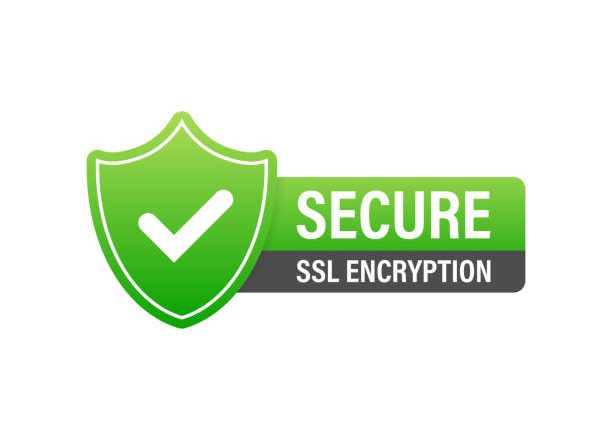
SSL Certificate and it’s Working
Benefits of using SSL Certificate
One of the most significant components of online business is creating an important environment where potential customers feel self-assured in making purchases. SSL certificates create a basis of trust by establishing a secure connection. To guarantee visitors their connection is secure, browsers provide superior visual cues anything from a green padlock to the branded URL bar. SSL certificates have a key pair namely a public and a private key. These keys work collected to establish an encrypted connection. The certificate contains the subject which is the identity of the certificate owner.
To get a certificate, you must make a Certificate Signing Request on your server. This process makes a private key & public key on your server. The data file that you send to the SSL Certificate issuer is called a Certificate Authority and it contains the public key. The CA uses a CSR data file to create a data structure to match your key without negotiating the key itself.
How does SSL work?
To provide a high degree of confidentiality, SSL encrypts data that is conveyed across the web. This means that anyone who tries to seize this data will only see a garbled mix of characters that is closely impossible to decrypt. SSL inductees an authentication process called a handshake between 2 communicating devices to ensure that both devices are actually whom they claim to be. SSL digitally signs data to deliver data integrity, verifying that the data is not interfered with before reaching its intended recipient. There have been numerous iterations of SSL, each one is more secure than the last.
Why is SSL important?
Originally, data on the Web was conveyed in plaintext that anyone could read if they interrupted the message. If a consumer visits a shopping site, placed an order, & entered their credit card number on the site, that credit card number would travel across the full Internet unconcealed. SSL was created to precise this problem & protect user privacy. By encrypting any other data that goes between a user & a web server, SSL guarantees that anyone who intercepts the data can only see a twisted mess of characters. The consumer’s credit card number is safe, only visible to the shopping site where they entered it. SSL also stops convinced kinds of cyber-attacks. It validates web servers, which is significant because attackers will frequently try to set up fake sites to trick users & steal data. It also stops attackers from tampering with data in transit, like a seal on a container.
Is SSL best for SEO?
Yes. While the main purpose of SSL is securing information between the visitor & your website, there are aids for SEO as well. According to Google, SSL is part of Google’s search ranking algorithm.
How to get an SSL certificate for any website?
The first step is to determine what kind of certificate you need. If hosting content on numerous platforms, it may mean that you need diverse SSL certificates. For most, a standard SSL certificate will protect your content. But for companies in a controlled industry, it may be worth talking with your team to ensure you are meeting the specific SSL certificate necessities set within your industry. The costs of SSL certificates differ, but you can get a free certificate. These certificates will also expire every 90 days, so make sure they stay up to date always. Some CMS platforms will offer a free SSL to help get your site security started. One of the key considerations is the validity time of certification. Most standard SSL certificates that you buy are available for 1 to 2 years by default, but if you are looking for long-term options, consider additional advanced certificates that offer longer periods.
How can I tell if any website has SSL?
When you visit a site with SSL, some distinct differences display in the browser.
The URL says “HTTPS://”
An SSL-encrypted site will always have that “s” which stands for “secure.” Moreover, that text can show up green & follows a green padlock. The padlock will show up on the left-hand side or right-hand side of the URL bar, dependent on your browser. You can click on the padlock to get more information about the site and the company that provided the certificate.
Even if a site has the HTTPS:// and a padlock, the certificate could be expired meaning your connection would not be secure. In most cases, a website that displays as HTTPS will be secure but, if you meet a site that asks for a lot of personal information, it may be worth checking to be sure the certificate is valid.
If you are a part of a business that does not have SSL certificates, make them a part of your following goal set, so you can defend your customers’ data and privacy.

